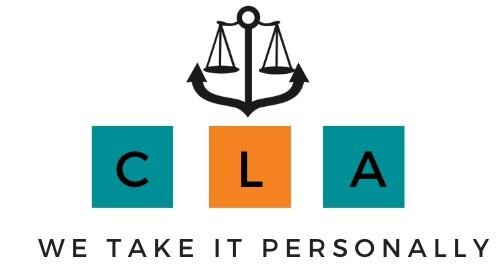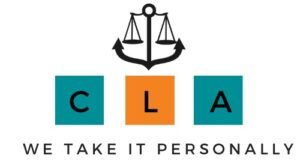In the modern business and financial world, cheques continue to be one of the most widely used instruments for payments and transactions. However, when a cheque is dishonoured due to insufficient funds, signature mismatch, or other reasons, it not only disrupts financial commitments but also raises serious legal consequences. This is where the Cheque Bounce Law under Section 138 of the Negotiable Instruments Act, 1881 comes into play.
The Cheque Bounce Law was enacted to protect the sanctity of financial transactions and to ensure that cheque payments are treated as a reliable mode of settlement. A dishonoured cheque is not merely a breach of trust; it is a legal offense that may attract penalties, fines, and even imprisonment.
Under Section 138, if a cheque is returned unpaid by the bank, the payee (the person who is supposed to receive the money) can issue a legal notice to the drawer (the person who issued the cheque) demanding payment within 15 days. If the payment is not made within the stipulated period, the payee has the right to initiate criminal proceedings against the defaulter.
Cheque Bounce cases are common in business transactions, loan repayments, property dealings, and personal financial commitments. Skilled lawyers handling these matters ensure proper filing of complaints, representation in court, and effective legal remedies for recovery.
The law not only safeguards the interests of creditors but also acts as a deterrent against fraudulent financial practices. By imposing accountability, the Cheque Bounce Law ensures that individuals and businesses maintain financial discipline and honor their commitments.
For those facing such issues, seeking professional legal guidance is crucial to ensure timely action, rightful recovery, and protection of financial interests.

